Since its emergence, Zionism has been an ideology of strategic and ambitious imagination. In his address to the UN General Assembly's 78th session, Israeli Prime Minister Benjamin Netanyahu takes every opportunity to confirm the effectiveness of this strategy and ensure the fruition of his vision for a “New Middle East.” Although the address was very much consistent with the Prime Minister’s record of flamboyant public speaking and Israel’s usual public image projection, it was equally revealing of a certain political desperation lurking in the shadows.
Setting the Stage
Beginning with the story of Moses and his message to the people of Israel; that “their fate would be determined by the choice they made between the blessing and the curse, Netanyahu sets the premise of his address which reminds audiences of the plight of Israeli people, one that he relates to the struggle of all humanity. Tying the knot between religious history and present day politics, Netanyahu reminds us that only 5 years ago he stood at the same podium and spoke about the contemporary curse, the “Tyrants of Tehran”, and the silver lining that it brought: the promising blessing of expanding peace with Israel beyond Egypt and Jordan.
What others saw as a threat, Netanyahu saw as an opportunity for peace, or so he said, prompting a quiet round of applause from a small group of supporters in a rather empty hall. “You applaud now, but at the time, many dismissed my optimism as wishful thinking”, said the Prime Minister. Indeed, 5 years ago one might not have been able to so confidently predict the current state of diplomatic affairs in the region. But as close as Netanyahu appears to be to his dream of closer ties with Saudi Arabia, which he believes we are at “the cusp” of witnessing, his task may be depending on certain political concessions that he does not mention; choosing to focus instead on the existing “mutual benefits” and prospect of peace.
Netanyahu’s words seemed to echo in a parallel universe, far away from the ongoing instability and conflict that currently threatens the idea of peace that he is trying so hard to sell. And, even far from those outside the UN building protesting in solidarity with Palestine. Netanyahu mentioned peace with Palestine (which he only refers to as the Palestinian people) as a secondary priority. He emphasised that waiting on an Israeli-Palestinian peace deal to form the foundation for other peace initiatives in the region was the main mistake of all previous “well-intended” approaches. It is not a coincidence that this specific “mistake” is the very critical point of tension that hinders any potential normalization efforts and likely one of the biggest risks holding back Saudi Arabia.
Between a Rock and a Hard Place
While he speaks of a new era, Netanyahu still falls back onto old narratives – with a twist. The Israeli Prime Minister was widely denounced on social media for showing a map of “The New Middle East” which he used to speak of a potentially peaceful future where Israel has achieved normalisation with all its neighbours, Egypt, Sudan, Bahrain, Saudi Arabia and the UAE. In accordance with Israel’s consistent and unspoken policy of Palestinian erasure, Palestine was not on the map. The vision which he does not explicitly mention but demonstrates through his commitment to the story, is one where Israel’s neighbours acknowledge the same narratives. Netanyahu dreams of a world where Arab leaders recall the history of war with Israel as one of equal losses and, more importantly, where each country has its individual history with the state that does not include the history of Palestine.
Although it appears that Netanyahu is making a case for peace with Israel for the Arab world, for example when he spoke of how this would “enhance the prospects of peace with the Palestinians”, much of his address was arguably an appeal to the Israeli people whose support he needs now more than ever. The carefully crafted speech had a little something for everyone. For the younger Israeli generation, many of whom have been protesting the latest judicial reforms since January, he paints a picture of a traveller’s utopia, making note of the time and money now saved as Israelis can travel over the Arabian Peninsula, a change only made possible by his government’s strategy. For those who criticize his aggressive policies, he cites the achievements of the Abraham Accords in comparison to the failure of other approaches to achieve a single peace treaty in the last 25 years. And, for the Israeli far-right, Netanyahu swiftly transitions into old-fashioned populist rhetoric, stringing together key words “anti-semitism”, “Palestinian Authority” and “terrorists” into one sentence.
Netanyahu’s position is complicated, to say the least. A peace deal with Saudi Arabia could buy him enough credit until the 2026 elections but at the same time, the terms of the deal could destabilise his current coalition. Facing persistent pressure from the left that is protesting the (delayed but not halted) judicial reform as well as the consequences of an emboldened right that is a constant threat to any prospective peace deal, Netanyahu is on a mission to achieve his objective with minimal damage. To do this, he makes two cases that are essentially two sides of the same coin aimed at pleasing both sides; the first, is that peace with Israel brings us closer to an Israeli-Palestinian peace and the second, is that an Arab-Israeli peace would be so powerful that it could pressure the Palestinians into negotiations. The latter signals that Netanyahu may be cushioning the blow for a deal with unfavourable terms for the Israeli right.
Only a week prior to Netanyahu’s address, Vice Chairman of the World Zionist Organization Dr. Yizhar Hess wrote in the Jerusalem Post “..our home is in danger. Is it possible not to wonder about the fate of a country led by a person whose most redeeming characteristic, even in the eyes of many of his supporters, is his ability to finagle under the bright lights?” There is no doubt about the Prime Minister’s ability to manoeuvre but who will buy his story now and at what cost? Will Netanyahu’s imagination really bring peace to the region?
References
Hess, Dr. Yizhar. “We Jews Have Imagination. but We Have Always Failed to Recognize Danger.” The Jerusalem Post, September 11, 2023. https://www.jpost.com/israel-news/article-758492



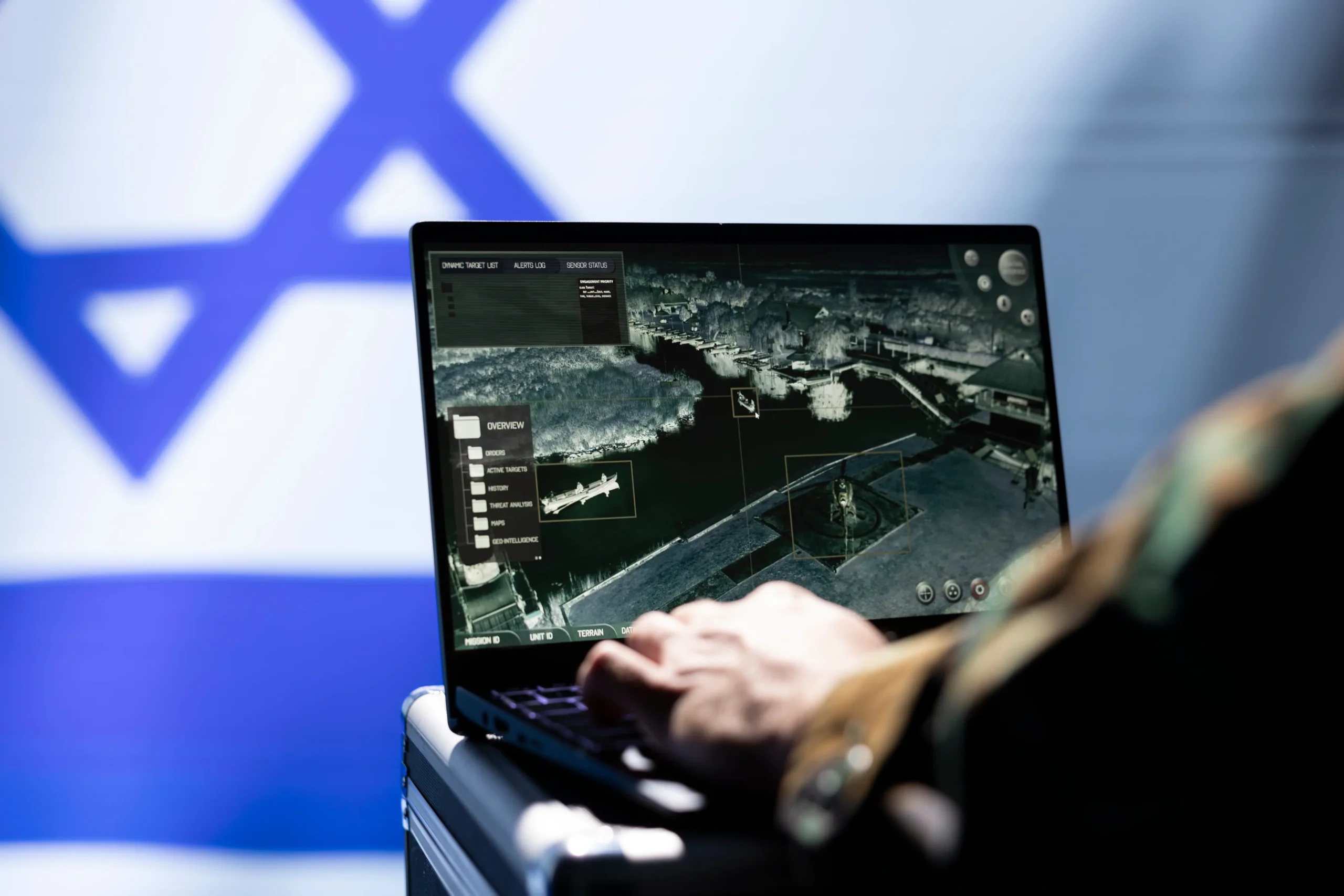
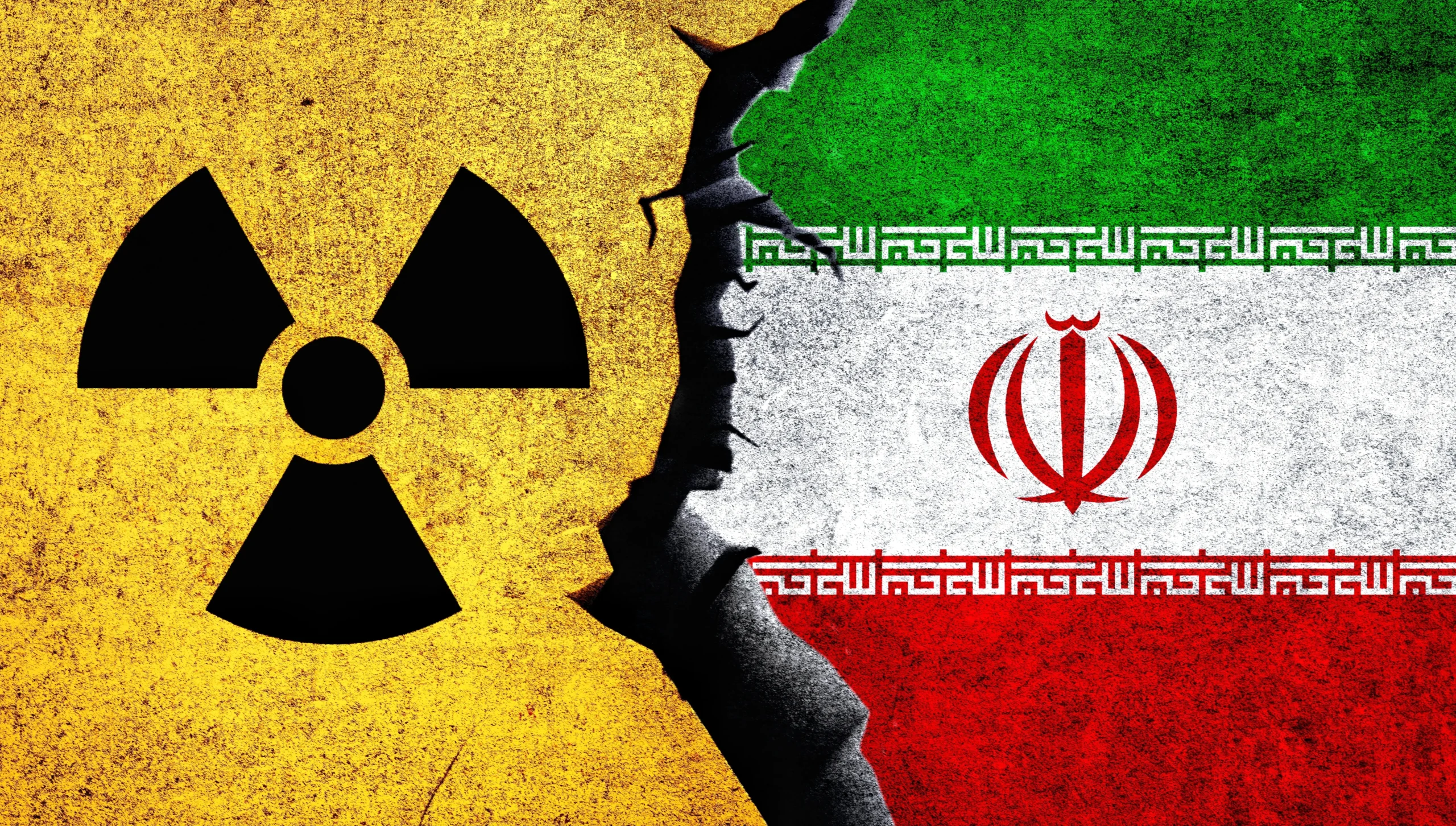
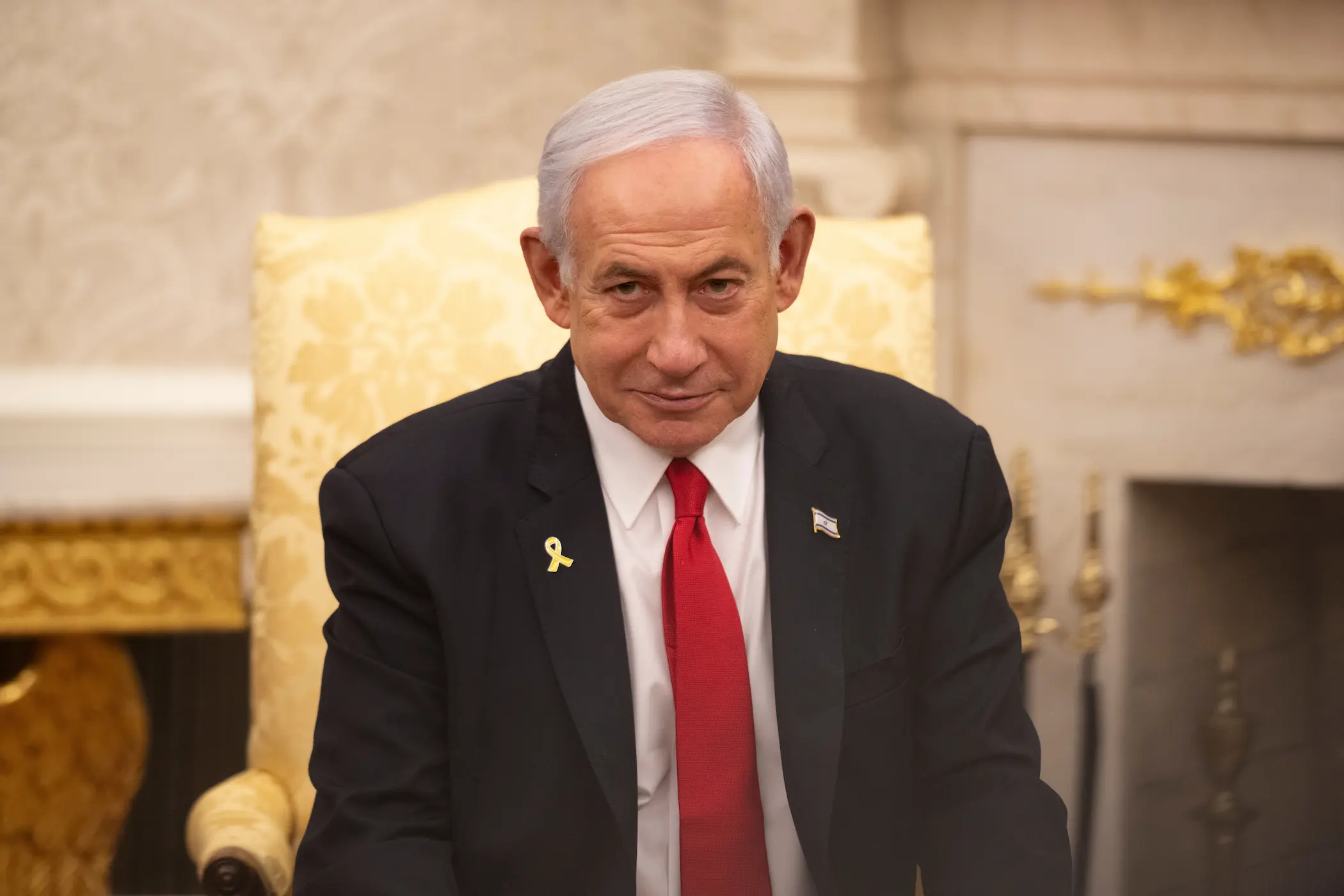
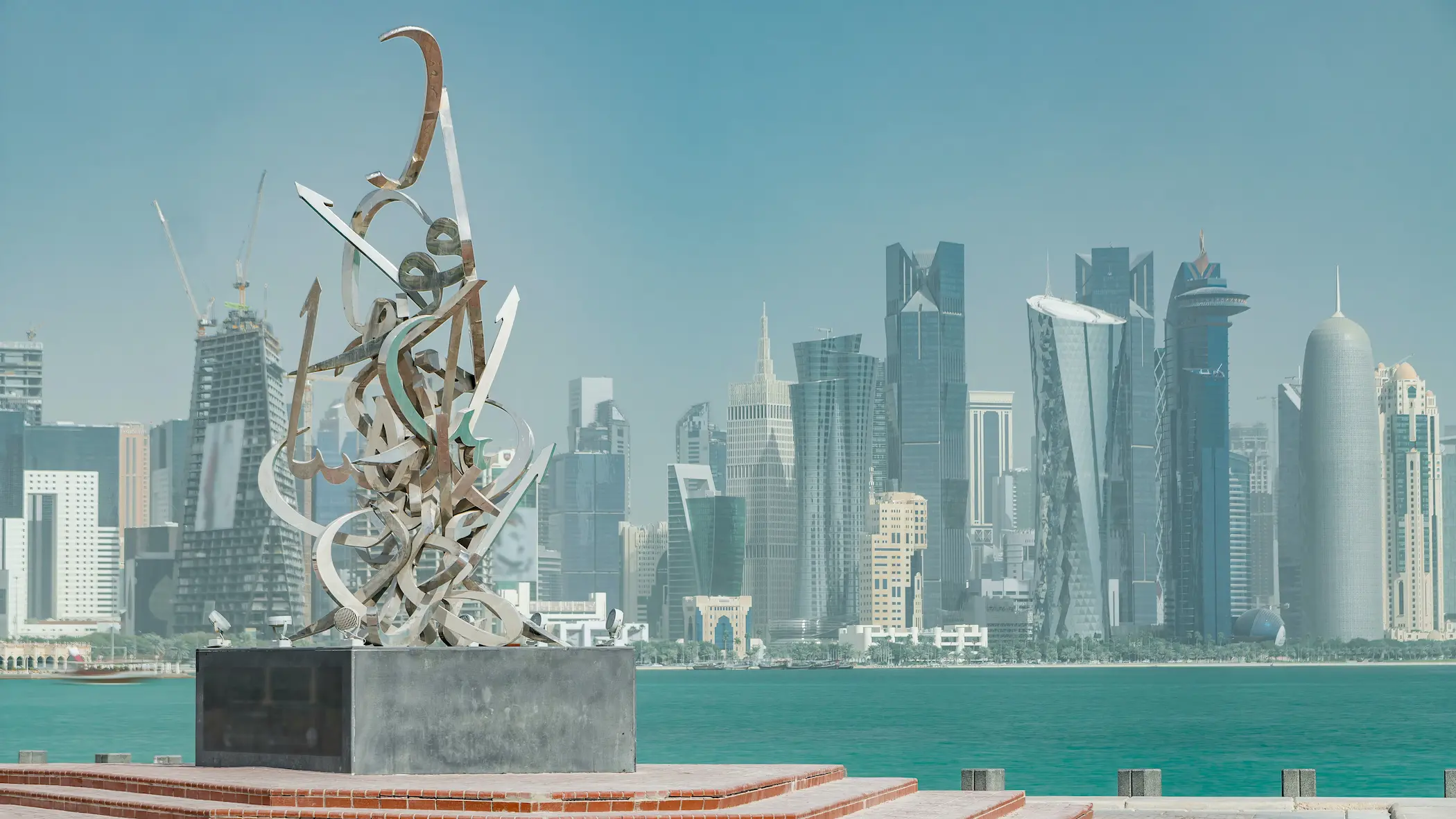

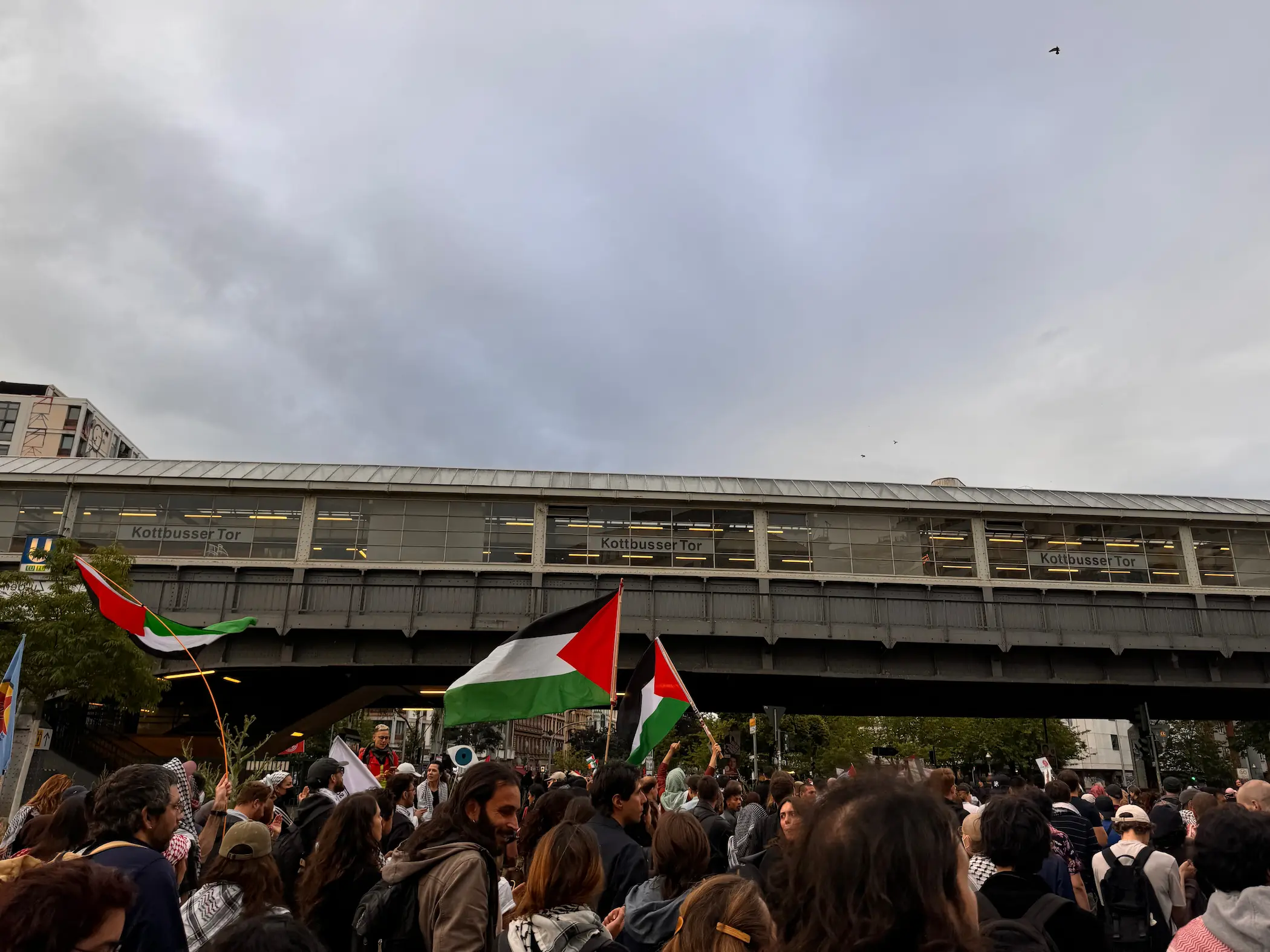


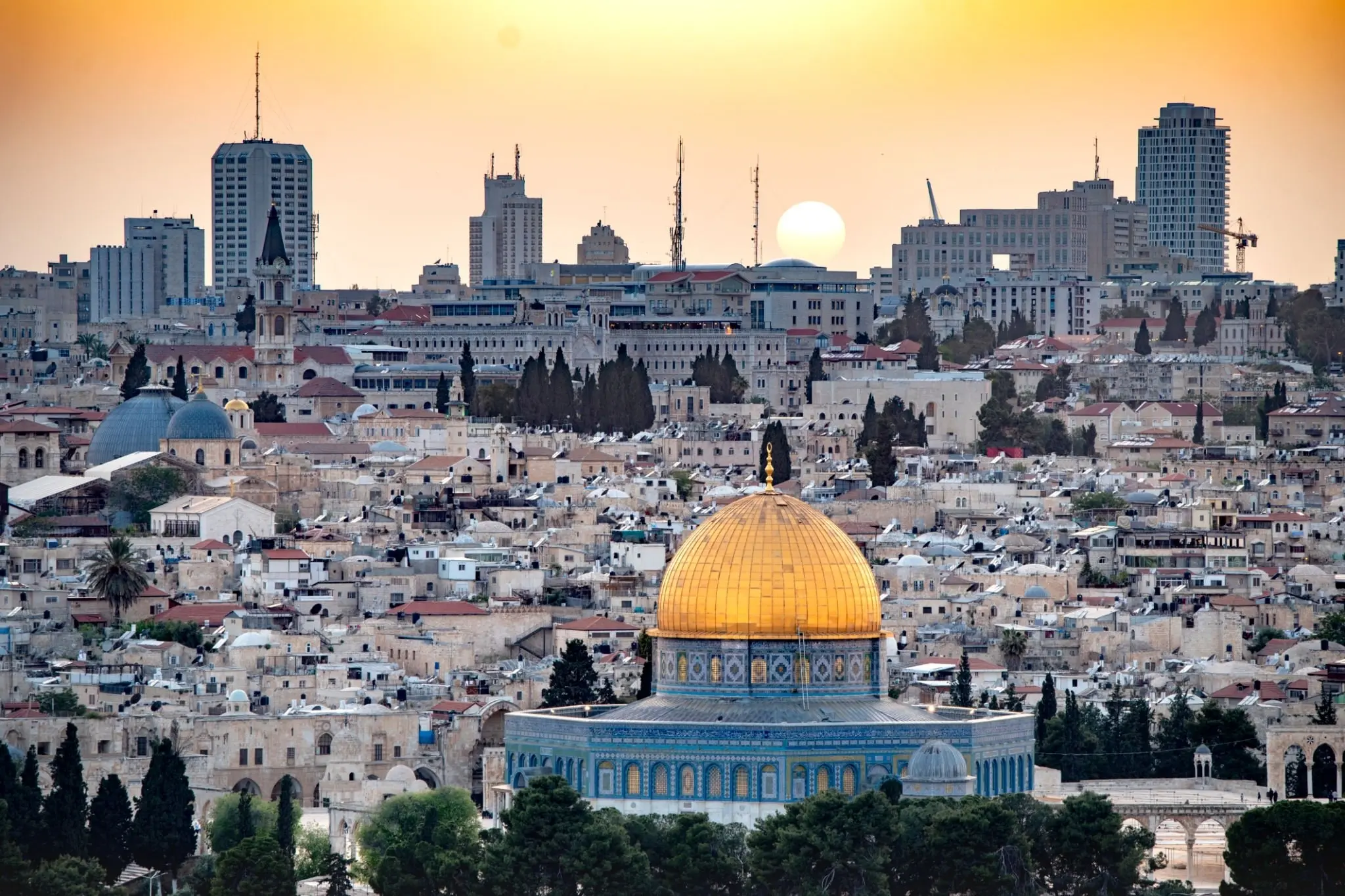
Comments